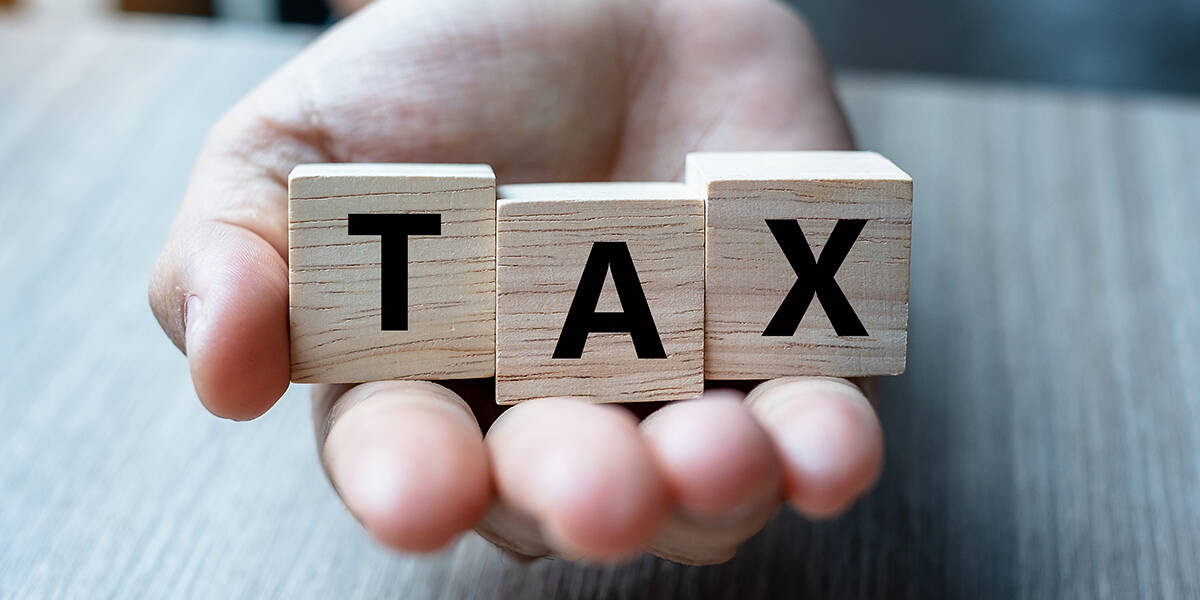

Understanding the statutory audit requirement in Hong Kong is crucial for businesses operating within its jurisdiction. This article aims to decode the intricate facets of this mandate, shedding light on the necessity, compliance, and impact of statutory audits on companies in Hong Kong. By looking into the specifics and clarifying key points when it comes to statutory audit requirements in Hong Kong, we aim to provide a comprehensive understanding of this essential regulatory aspect for businesses in the region.
What do the statutory audit requirements in Hong Kong entail?
Annually, companies, regardless of their size, are required to furnish an audit report while filing taxes. Engaging a proficient auditing service from an experienced accounting office is pivotal in effectively managing the audit process and ensuring accurate completion of tax returns, thereby fostering the financial growth of the company.
Under the regulations outlined in the Companies Ordinance of Hong Kong, it is obligatory for all companies operating in Hong Kong to undergo a Hong Kong Statutory Audit, conducted in accordance with the Hong Kong Financial Reporting Standards (HKFRS), or SME-FRE, specifically designed for small and medium-sized enterprises (SMEs). Additionally, for taxation purposes, companies incorporated in Hong Kong must submit their audited financial statements along with their profit tax returns to the Inland Revenue Department. In this article, we will take a deeper look into what the statutory audit requirement in Hong Kong entails.
What does the process of statutory audit requirements in Hong Kong look like?
Auditing in Hong Kong is a regulated process governed by the Hong Kong Companies Ordinance (Cap. 622) and overseen by the Hong Kong Institute of Certified Public Accountants (HKICPA). All companies incorporated in Hong Kong are required to comply with statutory audit requirements, which include the examination of their financial records, balance sheets, cash flow statements, and profit tax returns. These audits are essential to ensuring that a company’s financial statements, prepared in accordance with International Financial Reporting Standards (IFRS), fairly present the company’s financial position, performance, and cash flows for a specific financial year.
The auditor’s report, based on the audit of a Hong Kong company’s financial records, forms a critical part of the audit process. The report outlines the findings, opinions, and any discrepancies discovered during the financial statement audits. The audit report, prepared according to the Hong Kong Standards on Auditing (HKSAs), is required for all companies operating in Hong Kong.
Compliance with the audit requirements set by the Hong Kong Companies Ordinance is vital, as failure to adhere to these standards could lead to penalties or investigations by the Inland Revenue Department (IRD) in Hong Kong. The IRD oversees tax matters and expects accurate financial information and the timely submission of profit tax returns.
Maintaining proper accounting records and undergoing annual statutory audits in accordance with the HKICPA’s guidelines is essential for all companies in Hong Kong. These audits serve not only regulatory purposes but also provide assurance to stakeholders regarding the accuracy and reliability of a company’s financial information.
What are the auditor’s eligibility, roles, and responsibilities in a statutory audit in Hong Kong?
The auditor conducting an audit in Hong Kong must be a Certified Public Accountant (“CPA”) under the Professional Accountants Ordinance and hold a Practicing Certificate issued solely by the Accounting and Financial Reporting Council (“AFRC”).
The AFRC is the sole authorized body responsible for registering and certifying public accountants in Hong Kong.
In the audit report submitted to the company’s shareholders, the auditors are mandated to address the audited financial statements, which also include consolidated financial statements if relevant. These reports are presented during the annual general meeting (AGM) of the company.
It is the duty of the auditors to explicitly state whether the financial statements provide a true and fair view and comply with the stipulations of the Companies Ordinance and other applicable laws that pertain to specific regulated industries.
The auditors are obligated to adhere to specific auditing guidelines that are applicable to particular circumstances.
For companies not based in Hong Kong, audits of financial statements may be conducted in accordance with international auditing standards. Adherence to the code of ethics, particularly in terms of maintaining independence, is mandatory for the auditors.
Why would you require audit services?
As stipulated by the Hong Kong Companies Ordinance and Inland Revenue Ordinance, companies operating in Hong Kong must conduct compliance audits on their financial reports annually to meet their tax reporting obligations.
Upon receiving the profit tax return, it is imperative for the company to submit it, along with the audit report conducted by a certified accountant, to the tax bureau for assessment. This process not only ensures the fairness and accuracy of the company’s financial records but also finalizes the total tax payment for the fiscal year.
Failure to conduct regular audits may lead to potential inquiries from the tax bureau or financial institutions regarding the legality of the company’s financial status. In more serious instances, prolonged neglect of audits could lead to investigations into the company’s accounts. This, in severe cases, might result in allegations of criminal activities such as money laundering, significantly impacting the company’s operations and development.
How Premia TNC can assist your business needs
We offer comprehensive accounting services tailored to meet your specific business requirements. Our services encompass:
- Generating management accounts on a monthly, quarterly, half-yearly, or annual basis
- Creating detailed account receivable and account payable aging reports
- Book-keeping tasks, such as managing check issuances and arranging bank transfers
- Clearing backlog accounts will streamline your financial records
- Preparation of audit schedules to facilitate the auditing process
- Collaborating with external auditors and tax agents during the financial year-end
Our range of accounting plans is designed to be flexible, allowing us to customize our services to perfectly align with your unique business needs.
FAQs
Q1. Which companies in Hong Kong are required to undergo a statutory audit?
A1. Companies in Hong Kong are generally mandated to have a statutory audit, but exemptions exist for dormant companies.
Q2. What are the consequences of non-compliance with statutory audit requirements in Hong Kong?
A2. Non-compliance could lead to penalties, legal action, and potential reputational damage. Directors could be held accountable for neglecting proper auditing procedures, and non-compliance might impact the company's credibility, relationships, and financial prospects.



premiatnc
View All BlogsRelated Posts
April 18, 2024
Initiating Maximum Returns with Hong Kong Tax Incentives
Hong Kong, renowned for its dynamic…
April 15, 2024
Trademark Registration In Hong Kong: What You Should Know
Trademark registration in Hong Kong…
April 15, 2024
Importance of Hong Kong Company Financial Statements: How to Prepare It Well
In the realm of business, Hong Kong…




